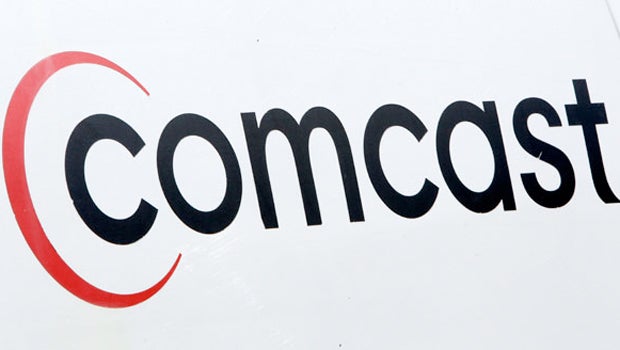Worrying merger of two U.S. cable giants isn’t happening anymore

U.S. TV and internet giant Comcast has officially dropped plans to purchase rival company Time Warner Cable, following regulatory hold ups.
Comcast had agreed a $45 billion buyout, but the Federal Communications Commission in the U.S. had vigorously probed the deal over fears it may stifle competition in the marketplace.
The deal would have given the combined companies a 30 per cent share of the pay TV market and 40 per cent of all high speed internet connections.
The chairman of the Federal Communications Commission Tom Wheeler said (via Reuters) it would have posed an ”unacceptable risk to competition and innovation.”
The U.S. Attorney General Eric Holder said ditching the deal was “the best outcome for American consumers.”
Comcast has vowed to “move on,” but the decision opens the door for a smaller company to make a run at Time Warner Cable. However, it seems certain U.S. regulators are going to be all over any proposed deal.
Read more: Net Neutrality Explained: What is it and how will it affect you?
The chances of an agreement being rubber stamped seemed to drop as the debate over net neutrality became prominent in the United States.
Comcast had tried to swing regulators by claiming it didn’t compete with Time Warner in the same geographic areas, so wouldn’t be harming competition, but that argument seemed to backfire.
The irrepressible John Oliver compared Comcast to a drug cartel for its plans to ‘mark out territory’ during a lengthy segment on his HBO show last year, which you can see below from about 7 minutes in.


